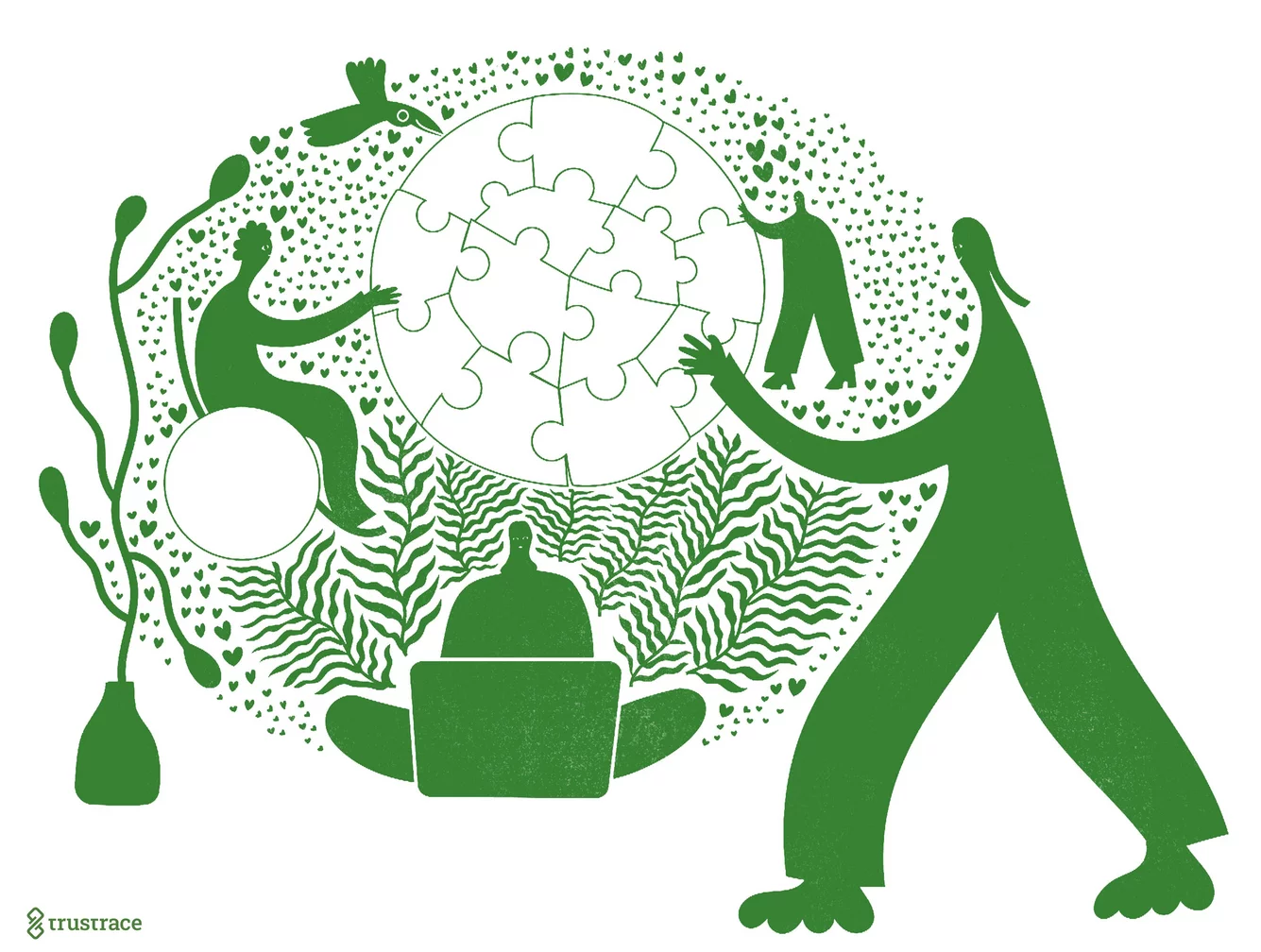
It’s no secret that supply chain delays and issues have been in the news over the last few months. Supply chains are complicated, and many recent complexities have arisen from a lack of visibility in a highly complex process that involves many stages and stakeholders.
Brands across the globe have already come to realize that increasing visibility into their supply chains reduces said complexities, in addition to offering major business benefits. Namely, a visible supply chain appeals to a host of new customers in Generation Z (Gen Z) that are putting their wallet where their passions are and investing in brands that represent change.
Gen Z consumers drive sustainable change
Gen Z cares about the environment and social justice, among other things. And they’re making purchasing decisions based on what they see. Gen Z is actively investing in brands that reflect what they care about – especially in terms of sustainability.
In fact, 75 percent of Gen Z consumers have said that sustainability is more important than brand name when making a purchasing decision, and the vast majority of Gen Z is willing to pay more money for sustainable products, according to a November 2021 study by First Insight and the Baker Retailing Center at the Wharton School of the University of Pennsylvania.
Projections anticipate that Gen Z will support over US$3tn of spending in 2030 across six focus markets, an approximate six-fold increase on 2019.
And it’s not just Gen Z – Generation X is following suit. In the First Insight/Wharton School study, nearly the same share of Gen X buyers considers sustainability over brand as Gen Z, and 67 percent of Gen X prefers to buy from sustainable companies—a figure that has grown almost 25% in just a year. Gen Z influencers are influencing other generations to buy responsibly sourced products– making sustainable supply chain practices imperative for brands to keep in mind.
As such, fashion brands have begun to market the sustainability of their products to Gen Z shoppers. However, in 2021, the International Consumer Protection and Enforcement Network (ICPEN) found that 40% of environmental claims made by brands could be misleading, a deception Gen Z is aware of, and coined “greenwashing.” The European Commission even commented on the inconsistency, noting that “greenwashing has increased as consumers increasingly seek to buy environmentally sound products.”
